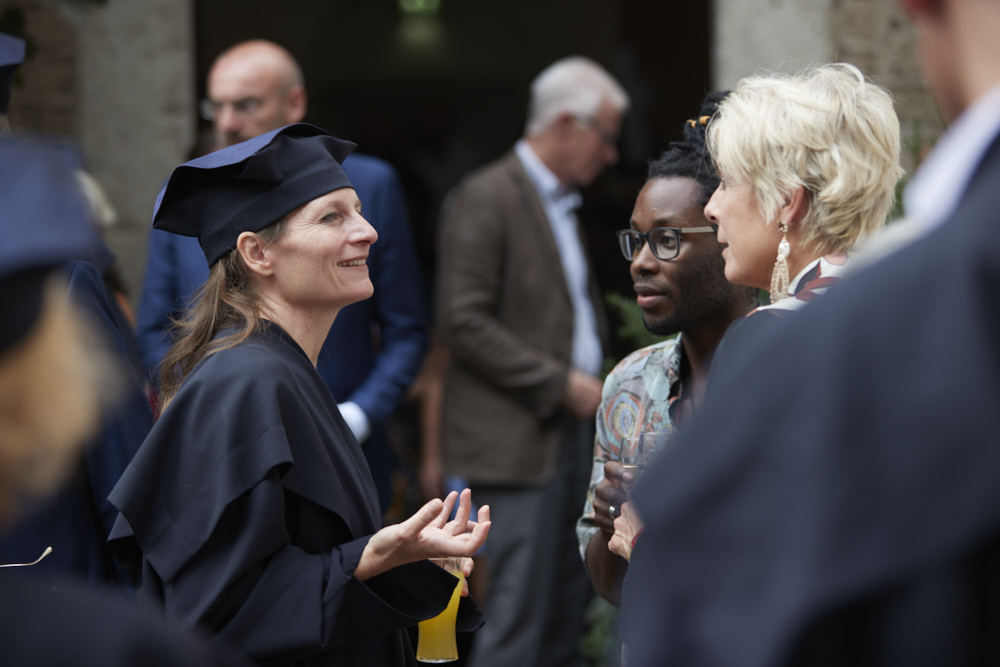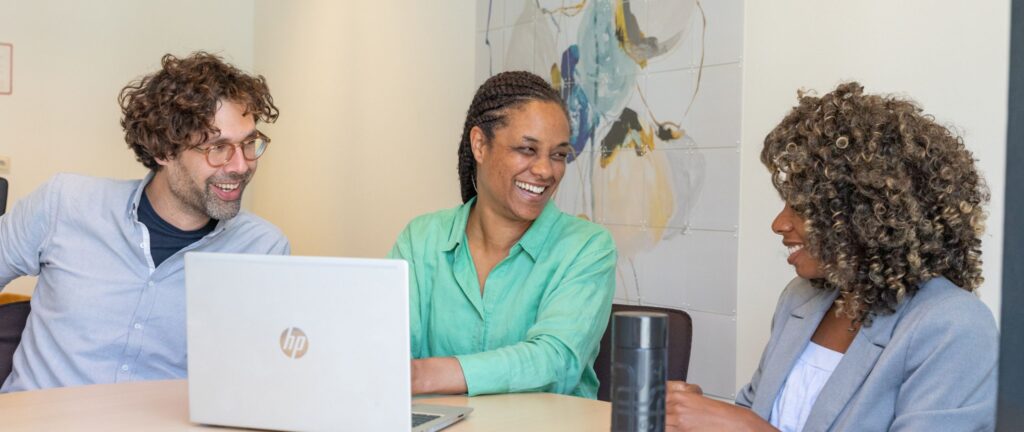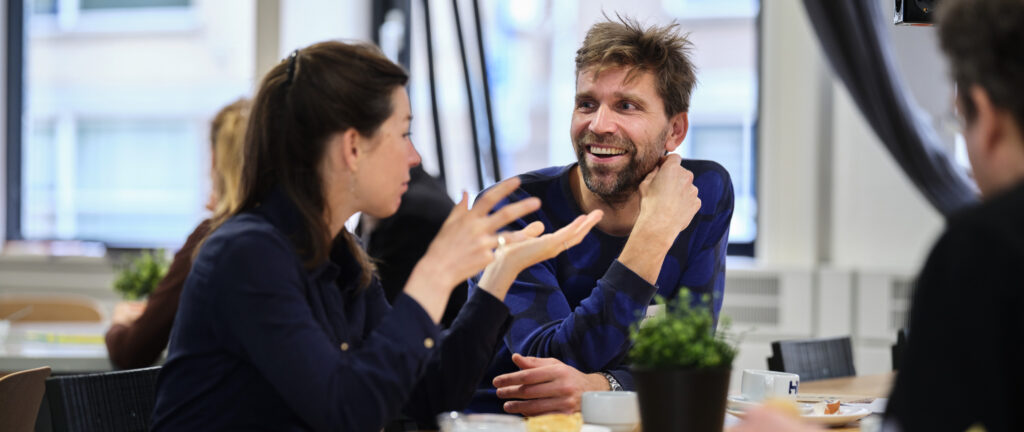We equip students and professionals with the knowledge and skills to guide individuals and organizations in exploring questions of meaning, ethics, and human coexistence.
Inspired by humanism, we focus on issues that matter, such as social justice, sustainability, and the quest for meaning in a changing society.
Together with our local, national, and international partners, we develop and share knowledge. In this way, we contribute to science and society.
- Academic network
- Research for science and society
- Practice-based education
- Local partnerships
- International mobility
We equip students and professionals with the knowledge and skills to guide individuals and organizations in exploring questions of meaning, ethics, and human coexistence.
Inspired by humanism, we focus on issues that matter, such as social justice, sustainability, and the quest for meaning in a changing society.
Through research, dialogue, and connection, we contribute to societal issues. We do this in close cooperation and engagement with our community.
Together with our local, national, and international partners, we develop and share knowledge. In this way, we contribute to science and society.


